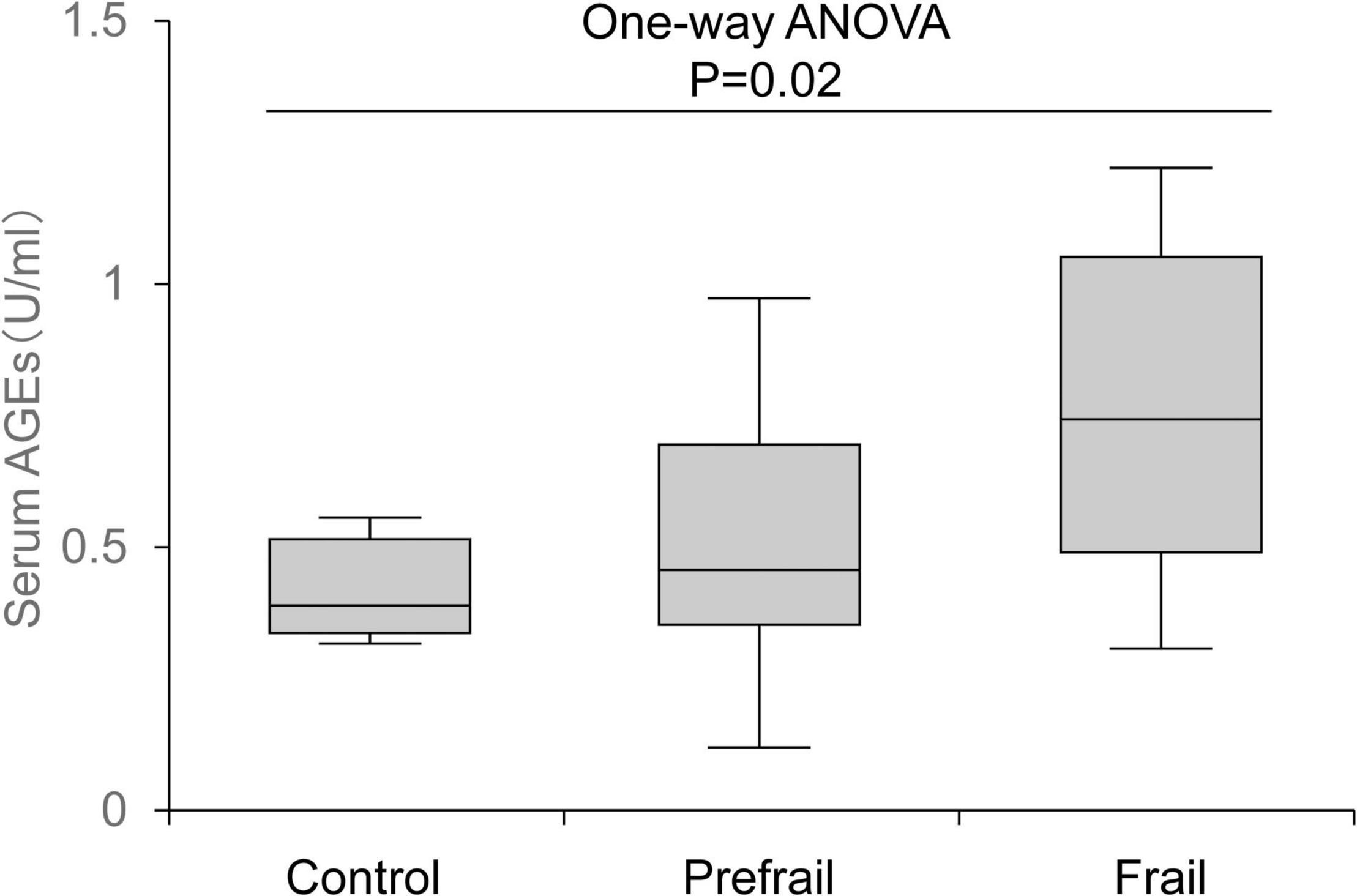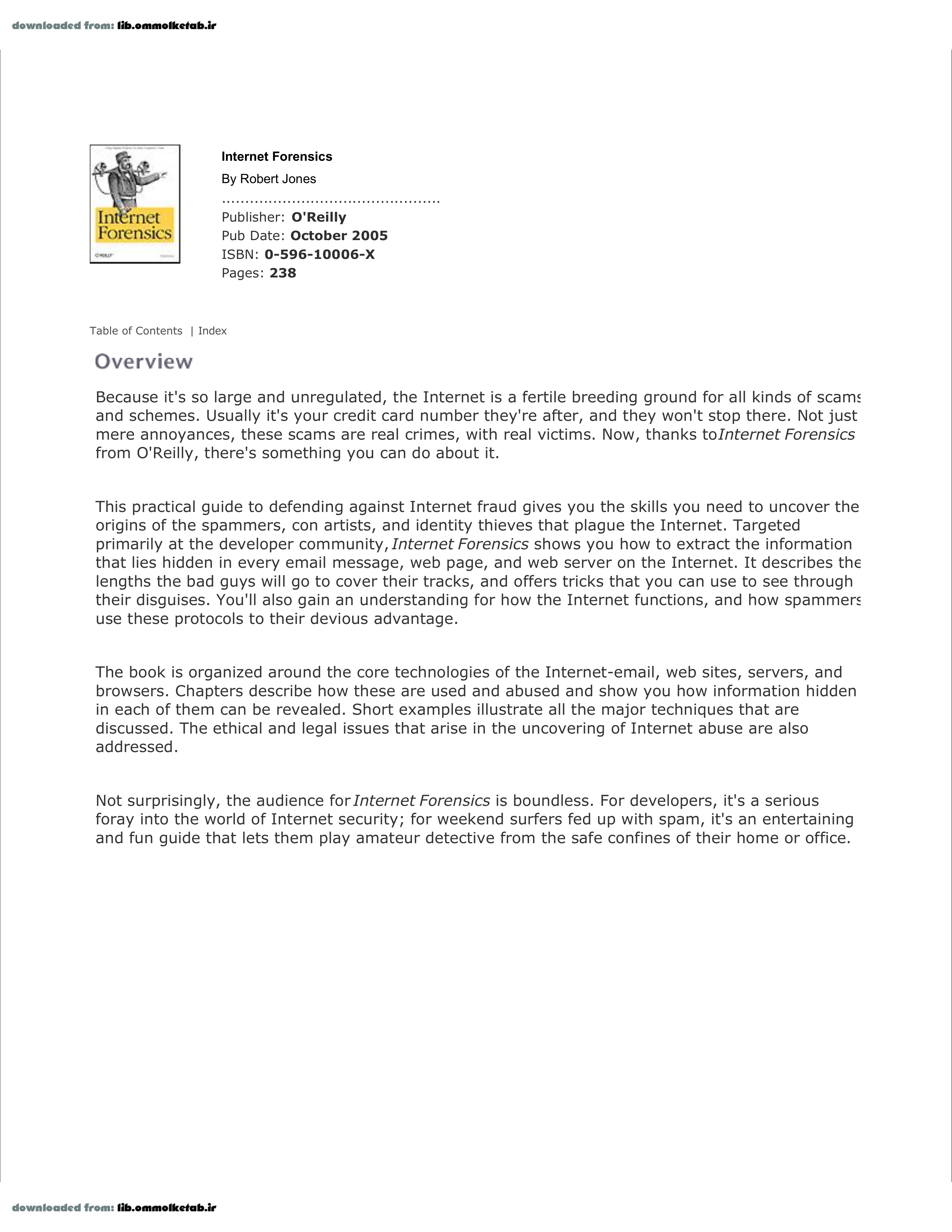InURL Keyword Mastery: Unlocking The Power Of Advanced SEO Techniques
Listen up, folks. If you're diving into the world of digital marketing or trying to level up your website's ranking game, understanding inurl keyword strategies is like having a secret weapon in your arsenal. This isn't just about sprinkling some random keywords on your site; it’s about diving deep into how search engines like Google crawl and rank web pages based on specific URL structures. So, buckle up, because we’re about to take you on a ride through the fascinating world of inurl keyword optimization.
Think of inurl keyword as the invisible thread that connects your content with the right audience. It’s not just about stuffing your site with random keywords anymore. Today’s SEO game is all about precision, strategy, and understanding what makes search engines tick. And trust me, getting this right can make or break your online presence.
Now, before we dive deeper, let’s get one thing straight: mastering inurl keyword strategies isn’t rocket science, but it does require a bit of finesse. In this guide, we’ll break it all down for you—no fancy jargon, just straightforward advice that’ll help you rank higher and attract the right kind of traffic to your site. Ready? Let’s go!
Here's a quick overview of what we'll cover:
- What is InURL Keyword and Why Does it Matter?
- Benefits of Using InURL Keyword Strategies
- Best Practices for InURL Keyword Optimization
- Common Mistakes to Avoid
- Tools You Need to Master InURL Keyword
- Advanced Techniques for Pro Results
- Real-Life Case Studies
- SEO Tips for Long-Term Success
- Future Trends in InURL Keyword Optimization
- Wrapping It Up: Your Action Plan
What is InURL Keyword and Why Does it Matter?
Alright, let’s start with the basics. An inurl keyword refers to the specific words or phrases that appear within the URL structure of a webpage. These keywords play a crucial role in helping search engines understand what your page is about. It’s like giving Google a cheat sheet to quickly identify the relevance of your content to a user’s query.
For example, if you’re running a blog about healthy recipes, having a URL structure like www.yourwebsite.com/healthy-recipes/vegan-salad makes it crystal clear to search engines what your page is all about. This clarity is super important because it helps improve your site’s visibility and ranking in search engine results pages (SERPs).
But here’s the thing: inurl keywords aren’t just about slapping random words into your URL. They need to be strategic, relevant, and aligned with the overall theme of your content. When done right, they can significantly boost your click-through rates (CTR) and drive more organic traffic to your site.
Why InURL Keywords Matter in SEO
In the ever-evolving world of SEO, every little detail counts. Here’s why inurl keywords are such a big deal:
- Improved Relevance: Search engines use inurl keywords to gauge how relevant your page is to a user’s query.
- Better Click-Through Rates: Users are more likely to click on a link if the URL clearly indicates what they’ll find on the page.
- Enhanced User Experience: Clear and concise URLs make it easier for users to navigate and remember your site.
- Competitive Edge: By optimizing your inurl keywords, you can outrank competitors who aren’t paying attention to this detail.
Benefits of Using InURL Keyword Strategies
Now that we’ve established why inurl keywords matter, let’s talk about the benefits. Implementing a solid inurl keyword strategy can do wonders for your website’s performance. Here’s a breakdown of the perks:
1. Higher Rankings: When search engines see relevant keywords in your URL, they’re more likely to rank your page higher in SERPs. It’s like giving them a hint that your content is exactly what users are looking for.
2. Increased Trust: Users tend to trust websites with clean and descriptive URLs. If your URL looks like a random string of numbers and symbols, it might raise red flags and deter visitors.
3. Better Analytics: With clear inurl keywords, tracking your site’s performance becomes a breeze. You can easily see which pages are performing well and make data-driven decisions to improve your SEO strategy.
How InURL Keywords Impact User Behavior
User behavior plays a huge role in SEO, and inurl keywords can influence it in several ways:
- Trust Building: A well-structured URL gives users confidence that they’re clicking on a legitimate and relevant link.
- Decision Making: When users see a clear URL, they’re more likely to make an informed decision about whether to click or not.
- Bookmarking: Descriptive URLs are easier to remember and bookmark, increasing the chances of repeat visits.
Best Practices for InURL Keyword Optimization
Alright, let’s get into the nitty-gritty of how to optimize your inurl keywords. Here are some best practices to keep in mind:
Keep It Simple: Avoid using overly complex or lengthy URLs. Stick to 3-5 words that clearly describe your page’s content.
Use Hyphens, Not Underscores: Google prefers hyphens (-) over underscores (_) to separate words in URLs. It’s a small detail, but it makes a difference.
Avoid Keyword Stuffing: While it’s important to include relevant keywords, don’t overdo it. Stick to one or two primary keywords per URL.
Strategic Keyword Placement
Where you place your keywords in the URL matters. Here’s a quick guide:
- Front Load: Place your most important keywords at the beginning of the URL for maximum impact.
- Domain Name: If possible, include your main keyword in your domain name. This can give you a slight ranking boost.
- Category Structure: Use a clear category structure to organize your content. For example, www.yourwebsite.com/category/subcategory/page.
Common Mistakes to Avoid
Even the best SEO strategies can go awry if you’re not careful. Here are some common mistakes to watch out for:
1. Overusing Keywords: Stuffing your URL with too many keywords can make it look spammy and hurt your rankings.
2. Ignoring User Experience: Remember, your URL should be user-friendly. If it’s too complicated or unclear, users might hesitate to click.
3. Using Special Characters: Avoid using unnecessary symbols or special characters in your URLs. Stick to letters, numbers, and hyphens for simplicity.
How to Avoid These Pitfalls
Here’s how to stay on the right track:
- Focus on Relevance: Make sure your inurl keywords are directly related to your page’s content.
- Test and Refine: Use tools like Google Analytics to monitor your URL performance and make adjustments as needed.
- Stay Updated: SEO trends are always evolving, so keep an eye on the latest best practices and updates from Google.
Tools You Need to Master InURL Keyword
Having the right tools can make all the difference in your inurl keyword optimization journey. Here are some must-haves:
1. Google Search Console: This free tool from Google provides valuable insights into how your site is performing in search results.
2. SEMrush: A powerful SEO tool that helps you analyze keyword performance, track rankings, and identify opportunities for improvement.
3. Ahrefs: Another top-notch tool for keyword research, backlink analysis, and competitor monitoring.
Using Tools to Optimize Your URLs
Here’s how you can leverage these tools to refine your inurl keyword strategy:
- Keyword Research: Use SEMrush or Ahrefs to identify high-performing keywords relevant to your niche.
- Performance Tracking: Monitor your URL performance in Google Search Console to identify areas for improvement.
- Competitor Analysis: Study your competitors’ URL structures to learn what works and what doesn’t.
Advanced Techniques for Pro Results
Once you’ve mastered the basics, it’s time to level up your game with some advanced inurl keyword techniques:
1. Dynamic URL Generation: Use CMS platforms like WordPress to automatically generate SEO-friendly URLs based on your content.
2. Canonical Tags: Implement canonical tags to avoid duplicate content issues and ensure search engines know which version of your URL to index.
3. Redirects: Set up proper 301 redirects when changing URLs to preserve your site’s ranking and traffic.
Pro Tips for Advanced SEO
Here are a few extra tips to take your inurl keyword strategy to the next level:
- Mobile Optimization: Ensure your URLs are mobile-friendly and load quickly on all devices.
- Local SEO: Include location-based keywords in your URLs if you’re targeting a specific geographic area.
- Content Relevance: Regularly update your content to keep it fresh and relevant, and adjust your URLs accordingly.
Real-Life Case Studies
Let’s take a look at some real-world examples of how inurl keyword optimization has made a difference:
Case Study 1: A small e-commerce business revamped its URL structure by incorporating relevant keywords and saw a 40% increase in organic traffic within six months.
Case Study 2: A travel blog improved its CTR by 35% after optimizing its URLs for clarity and relevance, leading to higher engagement and more conversions.
Lessons Learned from These Case Studies
Here’s what you can take away from these success stories:
- Data-Driven Decisions: Use analytics to inform your URL optimization strategy.
- Patient Implementation: SEO results don’t happen overnight. Stick with your strategy and give it time to work.
- User-Centric Approach: Always prioritize user experience when designing your URLs.
SEO Tips for Long-Term Success
Finally, here are some general SEO tips to keep in mind as you work on your inurl keyword strategy:
1. Stay Consistent: Regularly update your content and URLs to maintain relevance and avoid penalties from search engines.
2. Focus on Quality: High-quality content that provides value to users will always outperform keyword-stuffed pages.
3. Build Backlinks: A strong backlink profile can boost your rankings and help your inurl keywords work even harder.
Long-Term SEO Strategy
Here’s how to plan for long-term success:
- Continuous Learning: Stay updated on the latest SEO trends and best practices.
- Regular Audits: Perform regular SEO audits to identify and fix any issues with your URLs or content.
- User Feedback: Listen to your audience and make adjustments based on their needs and preferences.
Future Trends in InURL Keyword Optimization
As technology evolves, so does the world of SEO. Here’s what the future holds for inurl keyword optimization:



Detail Author:
- Name : Carmen Kohler
- Email : raleigh06@donnelly.com
- Birthdate : 1975-07-25
- Address : 357 Upton Wall Suite 390 Camryntown, AK 72787
- Phone : +1-916-712-0744
- Company : Romaguera PLC
- Job : Air Traffic Controller
- Bio : Molestiae dignissimos consectetur sequi inventore qui dolor. Ut fugiat odio magni id omnis eos quis accusamus. Laborum voluptatem voluptas pariatur tenetur.